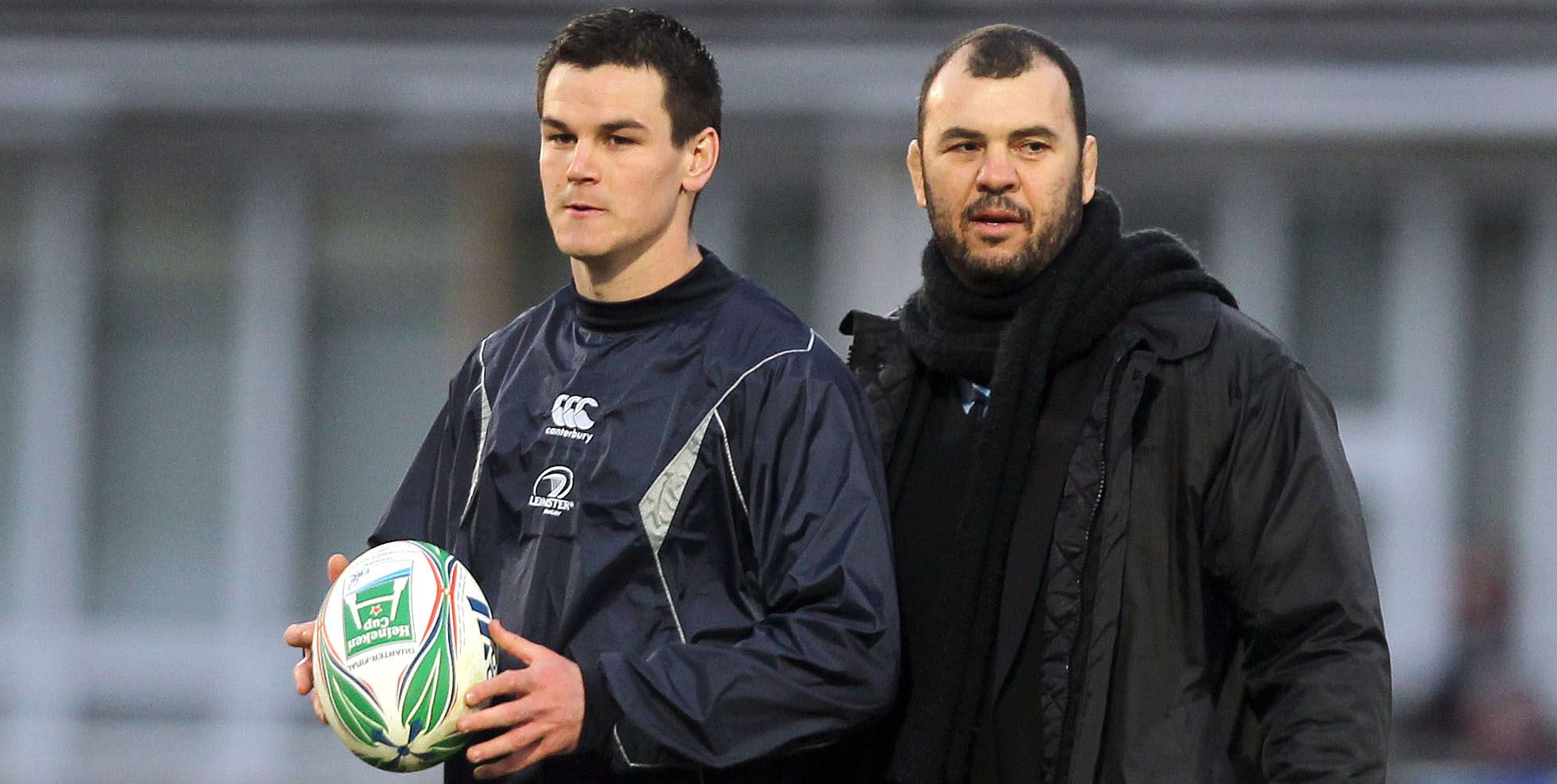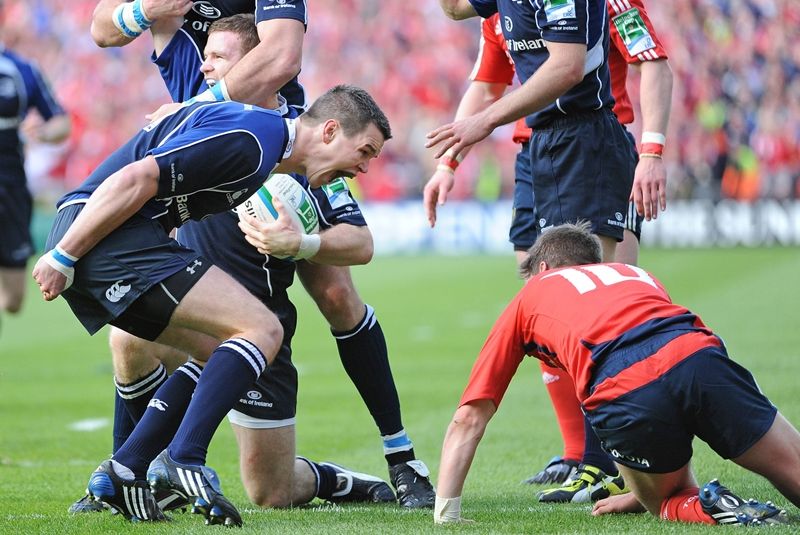

Share
18th May 2018
03:19pm BST

"The derby matches were a source of embarrassment for us. We used to go in with a very, very strong backline and a pack that would get embarrassed every single time. And a pack that lost us the game. "The lowest low for us as a pack was that 2006 semi final at Lansdowne Road. 30 points to 6 to Munster. And this was after we had went to Toulouse and our backs had run riot - Denis Hickie had scored that amazing try. "I did a bit of digging around and the headline in The Guardian, the day after that game was: POWER AND GLORY WITH O'CONNELL AS MUNSTER MACHINE MOWS DOWN LEINSTER FORWARDS. That was the type of stuff we had to eat."Indeed, from 1999/2000, Munster played Leinster 12 times. They won 8, drew 2 and lost 2. It was Michael Cheika, according to McLaughlin, that set about reversing that sickening trend.
 The Australian began plastering those sort of headlines and articles all over the Leinster changing room. McLaughlin commented:
The Australian began plastering those sort of headlines and articles all over the Leinster changing room. McLaughlin commented:
"We began looking at ourselves and saying, 'Jesus Christ lads, this HAS to change. This has to end'. And that's when it became a rivalry. I genuinely don't think it was a rivalry until that point. "It was a big game and you got big attendances but Munster were so dominant and we were embarrassed, and it f**king hurt. It hurt watching Munster be so good, it hurt watching Munster lift trophies. "Because we knew we could do it but were were not because we were being embarrassed and, genuinely, it was happening because they were tougher. That's all it was."To O'Gara's mind, that 2006 semi stands as the pinnacle for Munster. "The reverse of that would have been the Croke Park game in 2009," said the Cork native as he referred to Leinster's revenge in the last four of the Heineken Cup in front of 82,000 rugby fans. He added:
"Leinster turned the tide and became the dominant force in Ireland. That day in Croke Park that Johnny Sexton stood over me. That was the day the achieved supremacy."
 The Blues won eight of the 11 fixtures that followed from their Lansdowne humiliation, including the 2009 semi win on their way to their first European Cup. During that run, they claimed five victories in a row. The provinces then met in the 2011 Magners League Final.
"It got to the stage where Leinster were European champions, coming to Thomond Park to win the Magners and do a double," O'Gara recalled.
The Blues won eight of the 11 fixtures that followed from their Lansdowne humiliation, including the 2009 semi win on their way to their first European Cup. During that run, they claimed five victories in a row. The provinces then met in the 2011 Magners League Final.
"It got to the stage where Leinster were European champions, coming to Thomond Park to win the Magners and do a double," O'Gara recalled.
"That's where the roles were reversed and we were like, 'We can not let this happen. Are you for real?! These guys coming down to our patch as European champions'. That was the last big, massive game between Leinster and Munster."There have been cracking Leinster versus Munster games in the six years that have followed but O'Gara is right. None have meant as much as some of those games from 2006 to 2011.
Explore more on these topics: